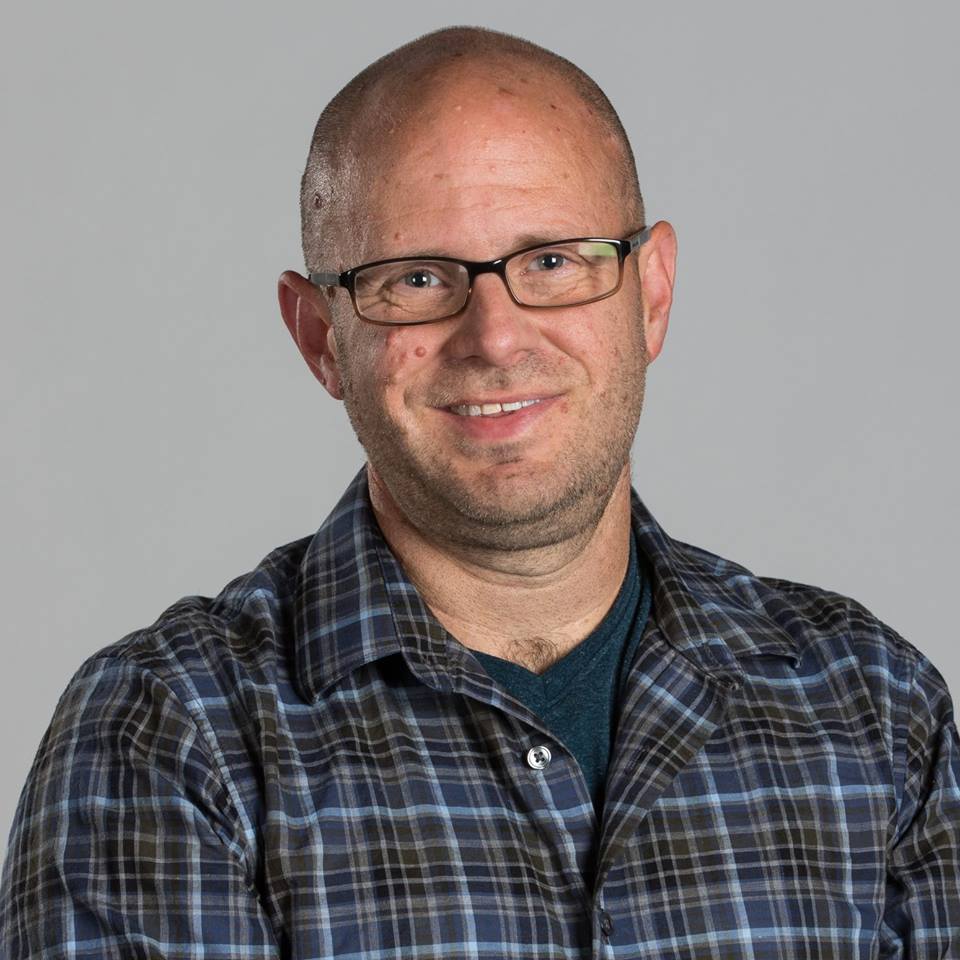
What’s the most important lesson you’ve learned as a writer?
Revision is where writing can go from good to great, or mediocre to good, or bad to mediocre. This is a lesson that I’ve learned later in life, especially after I got out of daily newspaper reporting (especially my days at a small newspaper where I wrote two stories a day, every day). It’s a lesson that I preach to my undergraduate students, even when they are doing basic, 400-word live-event coverage stories. This is especially important when it comes to doing narrative work. I tell my students in my Literary Journalism class that we’re going to be sculptors, and their first draft is just going to be the raw stone. They need to get it all out there, and then we’ll start chipping away until it becomes a wonderful piece of journalism in story form. The best revision also happens when you have an editor who has also bought into telling the best story possible, someone who can stand back and look at the story in a way the reporter/writer can’t. We like to think of writing as a solitary endeavor, and in some forms of writing, it can be. But narrative or literary journalism should be anything but solitary.
What’s been the biggest surprise of your writing life?
I think the biggest surprise for me has been the fact that I’ve gotten into broadcast writing with Gangrey: The Podcast. One of my classes as an undergrad was a “Writing For The Media” class, and we had some broadcast writing that we had to do there, and I was like, I will never do this type of writing. I was going to be a newspaper reporter and I was always going to write for people’s eyes, not their ears. And then I started doing the podcast. I’ve spent so much time working on getting better at writing the introductions to my various guests and writing promos and other types of stuff. Additionally, with the podcast, I’ve absolutely fallen in love with audio production. I love interviewing other reporters and writers about their work, but I really look forward to putting that together in an increasingly more complex type of production. And I’m constantly thinking about other possible podcasts that I can try and get off the ground, stuff that is more than just interviews, and as such, will require more production work. I never thought that is the direction my writing would go.
If you had to use a metaphor to describe yourself as a writer, what would it be and why?
The best I can come up with is simply the fact that my writing is all over the map. I’m writing now more than I ever have, but it’s not necessarily always going places that we think of when we think about writing. Earlier this year, I was raising money for Dylan’s Wings of Change, one of the charities that sprang up after the Sandy Hook shooting, and I thought long and hard about the writing I posted on Facebook asking for contributions. I even revised that stuff! But I’m also writing for my podcast, which is different from the writing I’ve done for Nieman Storyboard, which is different from what I’ve done for The Daily Beast, all of which is different from my book, “Running with Ghosts, ” which is also different from the pieces of journalism I wrote for SB Nation Longform back before it shut down in 2016. Right now, I’m working on a new book project that I hope to have a publisher for soon (there’s another type of writing I’ve been doing – the book proposal) that will focus on how to report and write narrative journalism, which uses my podcast interviews as source material.
There’s also a myriad of other types of writing I want to do someday. I’ve got a couple movie ideas bouncing around in my head that I would love to write screenplays for. I just started my first piece of fiction since I was in grad school back in 2004 (it will probably never see the light of day) the other day after I went on a run and this idea popped into my head. And of course, I’m always thinking of new possibilities for the podcast. I am, quite frankly, all over the place.
Matt Tullis is an assistant professor of English and the director of the Digital Journalism program at Fairfield University. He is the author of “Running With Ghosts: A Memoir of Surviving Childhood Cancer,” which was published by The Sager Group in August 2017. Tullis is also the host and producer of Gangrey: The Podcast, which focuses on narrative journalism and the reporters who write it. Tullis was a newspaper reporter for 10 years before joining academia, and has written for regional and city magazines, as well as trade publications. He’s been a notable selection in “Best American Sports Writing” three times and “Best American Essays” once.
Craft Query: How would you answer these questions?
May the writing go well.

Photograph by Annie Spratt courtesy of unsplash.com